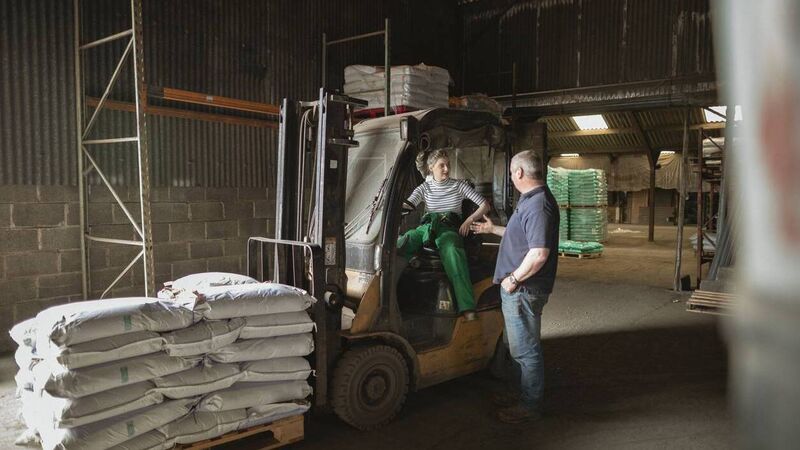Section 117: What can I do if I'm not provided for in a will?

There is law in Ireland that if a child is not properly provided for by a deceased parent in their will or during their lifetime, they can make an application to High Court and the court can make order that they are provided for.
There is a law in Ireland that if a child is not properly provided for by a deceased parent in their will or during their lifetime, they can make an application to the High Court and the court can make an order that they are provided for.
This is known as an S117 application, S.117 (1) of the 1965 Act provides as follows:












